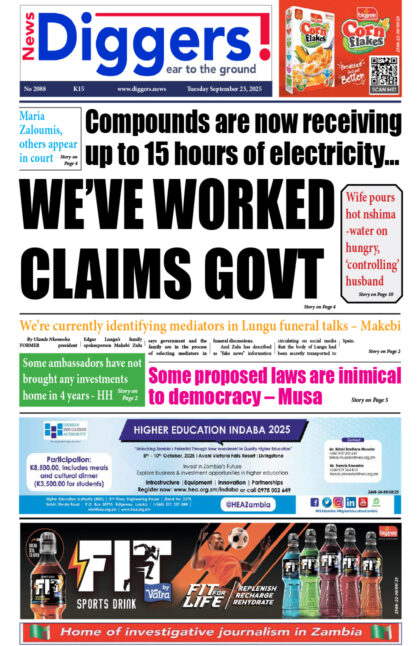In last week’s opinion piece, we discussed the constitutional basis and importance of citizen participation in the national budget formulation process. As taxpayers and beneficiaries of public services, citizens have a responsibility to ensure that the budget reflects their needs and priorities. This also enhances transparent governance and acts as a safeguard against the misuse of public funds. Today, we extend this discussion to propose strategies for fostering meaningful and active citizen participation in the forthcoming 2025 national budget formulation.
The first step to effective citizen participation involves the provision of clear details on how the public can get involved and simplifying the procedure for submitting budget proposals. This also includes making all government documents that relate to the budget accessible in both official and local languages. Additionally, this information could be shared with the community through social media, radio and television in local languages. Furthermore, the budgetary cycle should be broken down into clear and understandable segments with explanations on how citizens can impact each stage. This requires the Ministry of Finance to work closely with stakeholders such as civil society organisations (CSOs), traditional leaders, the church and learning institutions.
Beyond merely understanding the channels, citizens should have a vision of what is good for the country as a whole, rather than focusing solely on individual gains. For instance, Zambia’s Vision 2030 aims for the country to become a prosperous middle-income nation that guarantees socio-economic justice, sustainability, and improved well-being for all its citizens. The vision provides a roadmap for economic growth, wealth creation, and social investment. Therefore, when citizens are making budget proposals, it is important they align their submissions to these national goals beyond seeking addressing immediate individual or community needs.
Furthermore, it is important to understand that national budgeting is a process that requires a high degree of lobbying for the resources; therefore, the public needs to have capacity to lobby by clearly demonstrating what the impact of their proposals will be on both expenditure and revenue generation. Citizens should engage in discussions with one another to pinpoint the priorities of their communities. From this dialogue, it will not only be clear what is important to their communities but also make them stronger in advocating those needs in the budget. Training workshops that have information on how to effectively influence of budget decisions can potentially equip citizens with the necessary lobbying skills. This ensures that the approach to the budgeting process is participatory and reflects the need for and the aspirations of the community.
Equally important is the establishment of a continuous feedback loop where citizens can track the process and implementation. A notable challenge has been the lack of feedback from the Ministry of Finance to the public on their budget submissions, particularly when proposals are not included. To address this, the Ministry could enhance transparency by regularly updating its website and social media channels, or by hosting public forums to discuss its considerations. When adopted, this approach would enable the general public to make better-informed proposals in future submissions and deepen citizen’s sense of ownership over the allocation of public funds.
In conclusion, this two-part discussion, which began last week, has highlighted the importance of active citizen participation in the national budget process and provided guidance on how to effectively engage. Suffice to say that the national budget is a process in which citizens are required to participated at every stage. With the deadline for submitting the 2025 national budget proposals set for April 26, 2024, every citizen is called upon to come out and make suggestions on what they would want to see in the budget. More importantly, beyond just submitting proposals, citizens have a responsibility to analyse the formulated budget and monitor how it is implemented.
About the Author.
Elijah Mumba serves as Researcher for Public Finance and Economic Policy at the Centre for Trade Policy and Development and coordinates the Zambia Tax Platform. He holds a bachelor’s degree in economics with Mathematics from the University of Zambia, as well as a master’s degree in development economics from the University of Cape Town as a Mandela Rhodes Scholar.
























